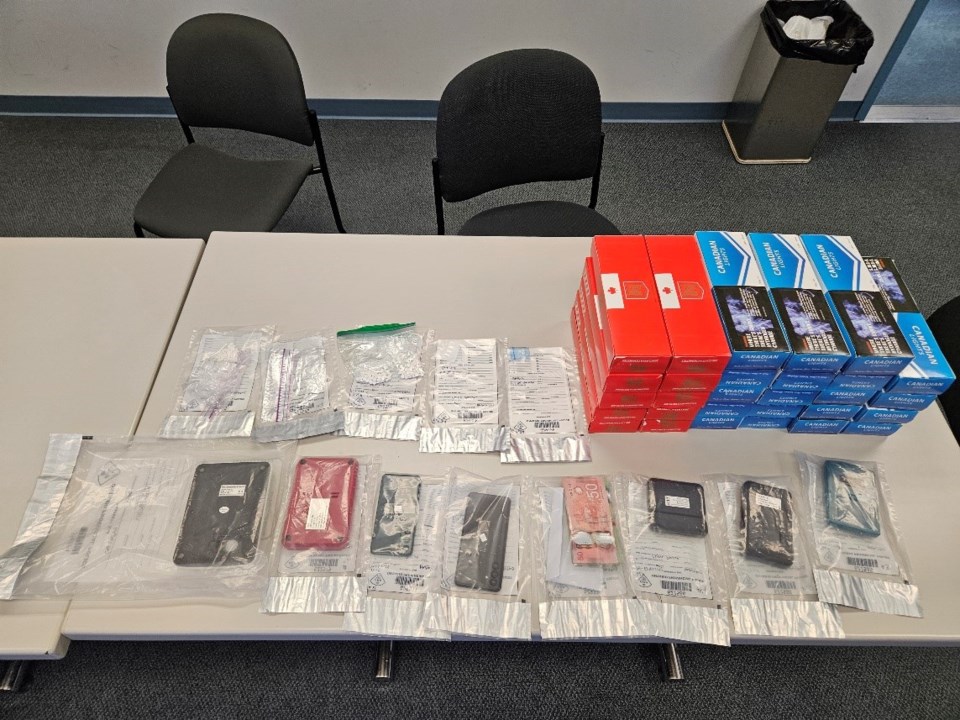KENORA – Last year, Grand Council Treaty #3’s fall assembly declared a mental health and substance use crisis across their territory. Now its Grand Chief and Chiefs-in-Assembly have declared a nationwide mental health and addictions state of emergency.
First Nations in the Treaty #3 region have “witnessed a distressing increase in suicides and other mental health challenges over recent years, necessitating urgent and collective action,” a news release from Grand Council stated.
The release said “a unified and holistic approach” that includes “crisis intervention and comprehensive community support” is needed.
Grand Chief Francis Kavanaugh identified “the legacy of colonization and continued oppression, intergenerational trauma, health inequity and systemic discrimination experienced by many First Nations people and communities” as factors behind the crisis and emergency.
“Sustainable funding is required to support the development, implementation and evaluation of our own solutions to address the mental health needs of our own communities,” he said.
The mental health and addictions crisis has been “non-stop” and escalating in recent times, said Chief Wayne Smith, board chair of Fort Frances-based Giishkaandago’Ikwe Health Services.
Smith said he believes the problems are “a direct result of our shared generational trauma, systemic oppression and collective experience with assimilation.”
The COVID-19 pandemic “triggered a lot of stuff that we went through in the residential school days for a lot of our Elders, and a lot of our young people just rebelled, and a lot of people that were into healing at the time fell off and they continue to fall off,” he said from Naicatchewenin, where he is chief.
Smith said he has seen the evidence in his own community, where “we’ve lost several staff members due to addictions. We have a hard time hiring new members to come on board because for some of the positions that are up for grabs you must be alcohol- and drug-free.”
Niisaachewan Chief Lorraine Cobiness, president of Ogimaawabiitong (Kenora Chiefs Advisory), said the situation calls for investment “in the various forms of treatment and healing pathways that include both traditional and Western approaches so we can ensure our youth, our Elders and all our people are being given the best chance to overcome this.”
